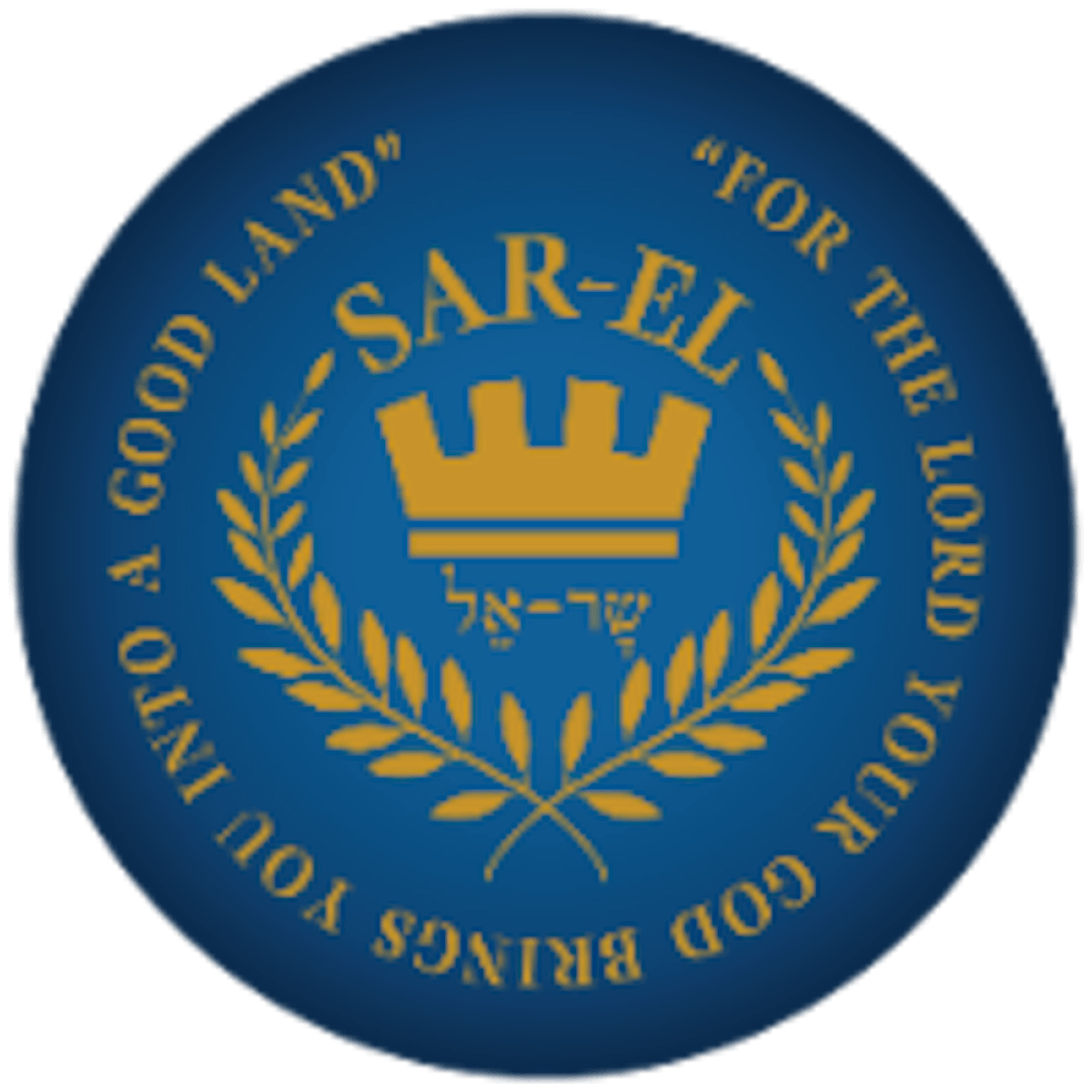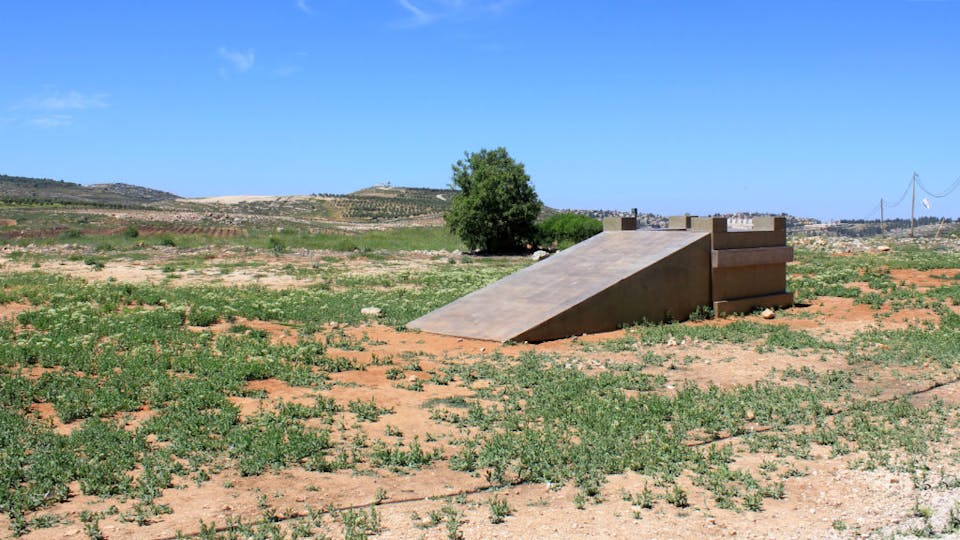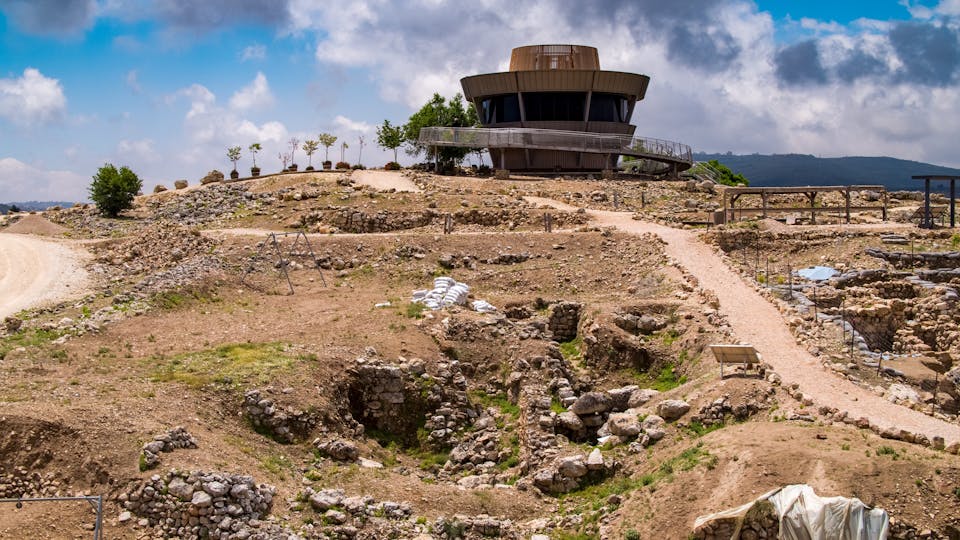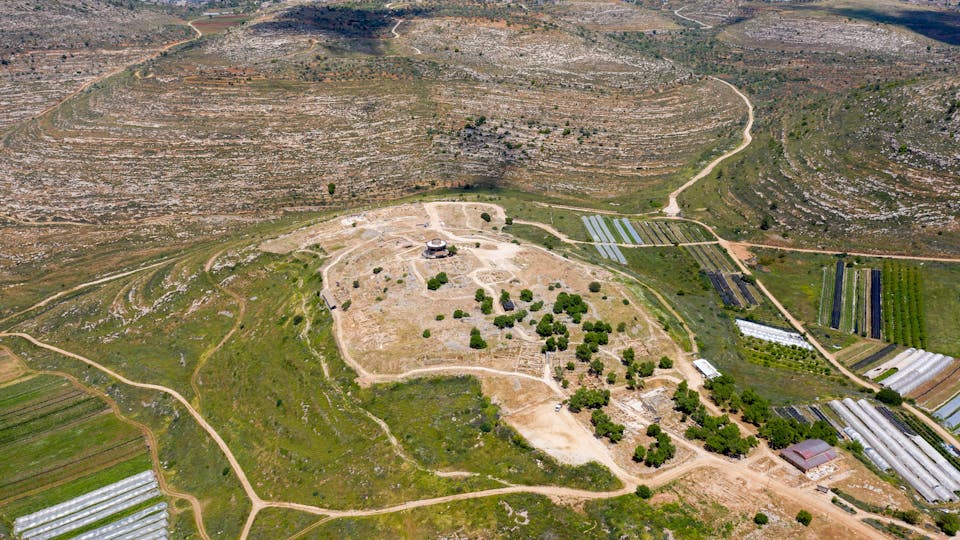The Historical and Spiritual Significance of Shiloh in the Bible

Shiloh is mentioned 33 times in the Old Testament, making it a significant biblical site, but why? Let’s explore the significance of Shiloh in the Bible. It served as the home for the tabernacle from the time the Israelites entered the Promised Land until King David brought the Ark of the Covenant to Jerusalem.
Throughout scripture, Shiloh in the Bible is portrayed as a symbol and parable of God’s relationship with Israel. It is also uniquely referenced once in connection to Yeshua. Shiloh is located north of Jerusalem, in what is today known as the Judea/Samaria.
The Tabernacle at Shiloh
The Tabernacle was established at Shiloh when the Israelites settled in the land, and it remained there until the Temple was built—approximately 300 years later (Joshua 18:1). The Ark of the Covenant was housed in the Tabernacle at Shiloh until the Philistines captured it during a battle (1 Samuel 4).

Shiloh is surrounded by small mountains, and the terrain is rugged. Yet, amidst the uneven ground, there is one level plain, perfectly sized to hold the Tabernacle's dimensions—about 400 feet by 77 feet. It is believed that this was where the Tabernacle once stood.
During the time the Tabernacle was at Shiloh, several notable biblical events occurred: Hannah, the mother of Samuel, prayed earnestly for a child (1 Samuel 1); Samuel first heard the Lord call him; Eli died upon hearing that the Ark of the Covenant had been captured (1Samuel 4); and the Benjamites took wives from the young women of Shiloh (Judges 21).
Shiloh as a Parable
In Psalm 78:60 and Jeremiah 7:12, Shiloh in the Bible is used as a powerful symbol of how the Lord can and will withdraw His presence from those who turn away from Him. Shiloh was once a place where the presence of the Lord dwelled, but it was abandoned because the Israelites provoked God to anger by worshiping idols.
Yeshua Called Shiloh
Out of the 33 references to Shiloh in the Bible, one stands out as a name for Yeshua, the Messiah. In Genesis 49:10, it is written, “The scepter shall not depart from Judah, nor the ruler’s staff from between his feet, until Shiloh comes, and to Him shall be the obedience of the peoples.”
The word "Shiloh" has various interpretations, such as “the sent,” “the seed,” or “the peaceable or prosperous one,” all of which point to the Messiah.
Before Shiloh arrives, the rule belongs to the tribe of Judah, a prophecy fulfilled through the Davidic line of kings. Then, when Shiloh comes, the rule is transferred to Him—the King of Kings—and remains with Him to this day.

Shiloh’s Historical Significance
Long before King David conquered Jerusalem from the Jebusites and made it Israel’s capital, Shiloh served as the religious center from the initial conquest of Canaan through the period of the Judges.
As the national assembly place for the people of Israel and the center of their worship, Shiloh housed the Ark of the Covenant, the Table of the Bread of the Presence, the Altar of Incense, and the Golden Lampstand for hundreds of years.
Shiloh has been a site of pilgrims for over 3,060 years. While ancient ruins of mosques and churches can be found on the site, it is the modern synagogue that vividly tells the biblical story of Israel’s past and future in this rugged and mountainous region.
Shiloh served as Israel’s religious capital for 369 years (according to tradition) before it was destroyed in the battle of Ebenezer (1 Samuel 4:1).
This tragic defeat resulted in 34,000 casualties, the death of Eli’s two sons (the spiritual leaders), and worst of all, the capture of the Ark of the Covenant by the Philistines (1 Samuel 5:1). "And the Philistines took the ark of God and brought it from Ebenezer unto Ashdod."
Although King David later recovered the Ark and brought it to Jerusalem, Shiloh was never fully restored. It was permanently destroyed by the Assyrian army and lay in ruins until a modern Jewish community resettled the area in 1978. Today, Shiloh is once again one of the most interesting sites in Samaria, where the nation of Israel was born in its own land.

Why Should You Visit Shiloh Today?
Today when you visit Shiloh you will encounter explanations and models of the Tabernacle, as well as hands-on learning experiences of life for those who lived and worked around it. As you walk through the ruins and experience the presence of this sacred place, the lessons of ages past will become apparent.
What is Shiloh’s important lesson for people of faith today? The lesson is that God is not impressed with cities, shrines, or man-made acts of worship. Instead, He desires a living relationship with His children, one built on love, obedience, respect, and truth.
Frequently Asked Questions:
1. What is the significance of Shiloh in the Bible?
Shiloh is mentioned 33 times in the Old Testament, serving as Israel's first religious capital and symbolizing God's relationship with Israel. It is also a prophetic reference to the Messiah, Yeshua.
2. Why was Shiloh important to the Israelites?
Shiloh housed the Tabernacle and Ark of the Covenant for 300 years, making it the center of Israelite worship and national assembly during the Judges period.
3. What happened to Shiloh after the Ark was taken?
Shiloh lost its significance after the Philistines captured the Ark, was destroyed by the Assyrians, and remained in ruins until modern resettlement.
Final Words:
When you visit the beautiful site of Shiloh today, both the severity and the healing mercies of God are evident, on full display for those who seek His truth. Thanks be to God, who is faithful to bring about ultimate healing and restoration over time.
See you in Israel!